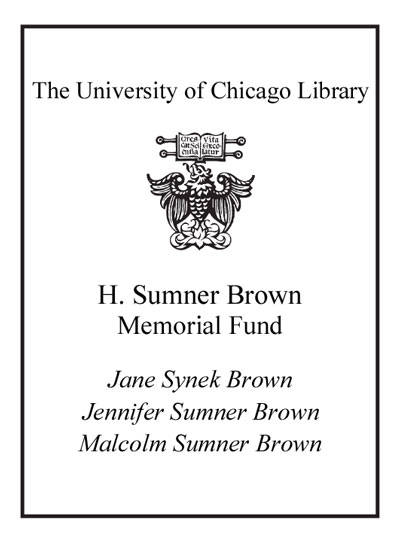Review by Booklist Review
The author and her Genoese Jewish family--her parents, three brothers, and two sisters--were arrested in Italy by Fascist police in October 1944 and deported to Auschwitz. She was the only survivor, and she was later sent to Bergen-Belsen and Braunschweig. Sonnino returned to Genoa in 1950 at the age of 28. In 1960, she wrote down the events of her life during the war, solely for the benefit of her daughters, and she died in 1999. The book chronicles how the family left their home in 1943 and spent a year in hiding and flight that ended after they were denounced and captured. David Denby postulates in the book's foreword that Sonnino survived because she was strong and also lucky because she didn't become ill. He also theorizes that the family's determination to stick together may have hastened their destruction. This stunning memoir is one of the most amazing stories to come to light. It is a valuable find and a crucial document from the history of the Holocaust. --George Cohen Copyright 2006 Booklist
From Booklist, Copyright (c) American Library Association. Used with permission.
Review by Publisher's Weekly Review
Published after Sonnino's death in 1999, this haunting memoir recounts the story of her Italian Jewish family, including her parents and five siblings, who perished in the Holocaust. In spare, beautifully translated language, Sonnino details her life in Genoa prior to 1938, when the racial laws went into effect. Within a lower-middle-class environment, her parents and siblings were "lambs, good people, ready to suffer many wrongs rather than be stained by a single one, eager to make as little noise as possible and occupy the least space possible on this earth." In 1943, when the Germans arrived in Italy, the Sonninos hid in mountain villages, but were betrayed, arrested and, in 1944, sent to Auschwitz. The author's account of the last night they spent together is eloquent. Her parents and two of her brothers were killed in the gas chambers. Sonnino watched her sister, Bice, succumb to dysentery at the Braunschweig concentration camp after the two were incarcerated at the Bergen-Belsen camp. After the war the author spent five years in rehabilitation centers and sanitariums and returned to Genoa in 1950. She married, raised two children and penned this searing testimony for her family in 1960. B&w photos. (Nov.) (c) Copyright PWxyz, LLC. All rights reserved
(c) Copyright PWxyz, LLC. All rights reserved
Review by Kirkus Book Review
A moving account of a family caught up in the Shoah. In 1960, Italian Holocaust survivor Sonnino wrote a spare account of her experiences during World War II. Intended for her children, the manuscript stayed in her possession in a red leather binder; only in 2002, three years after her death, did her daughters permit its publication in an Italian newspaper. The author was one of six children in a Jewish family living in Genoa when the Germans swept through Italy in 1943 and 1944. She tells of the Sonninos' attempt to hide and their eventual deportation to Auschwitz, where her parents and five siblings all died. The book's most chilling passage comes early on. German-Jewish refugees flooded into Genoa in 1934, causing considerable economic hardship for those, like the author's family, who tried to help them. No more came after 1935, and the Italians assumed that things in Germany had improved. "The death struggle of the German Jews had begun," Sonnino writes, "and we were unaware of it." Four illuminating essays bookend this slim memoir. David Denby acknowledges the "tinge of irritation and guilt" people often feel upon the publication of a Holocaust memoir, then brilliantly demonstrates why this one is necessary. He comments helpfully on Sonnino's prose, noting that her writing becomes more terse and urgent as her narrative marches toward the camps. His arresting foreword is followed by a helpful sketch of the historical background from New Yorker editor Goldstein, who also crafted this wonderful English translation. An epilogue by Italian journalist Giacomo Papi describes how the manuscript came to light, and novelist Maria Doria Russell's provocative afterword explains why Italian Jews fared relatively better than their brethren in the rest of Europe. An important contribution to Holocaust literature. Copyright ©Kirkus Reviews, used with permission.
Copyright (c) Kirkus Reviews, used with permission.
Review by Booklist Review
Review by Publisher's Weekly Review
Review by Kirkus Book Review

